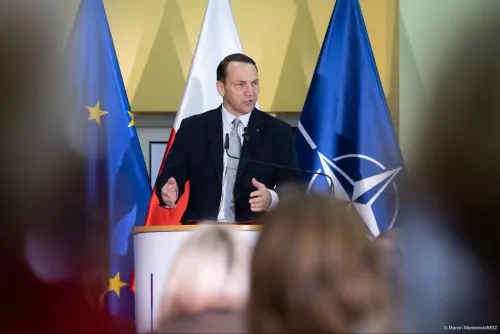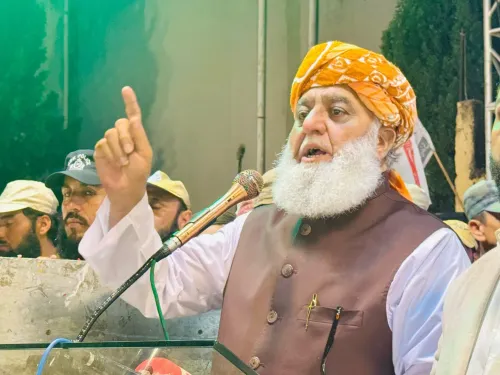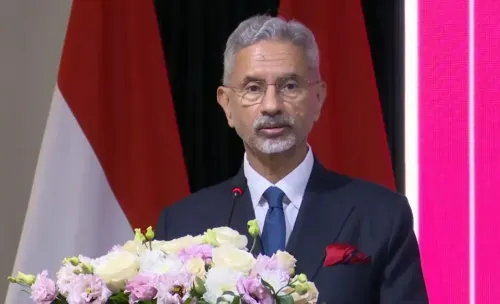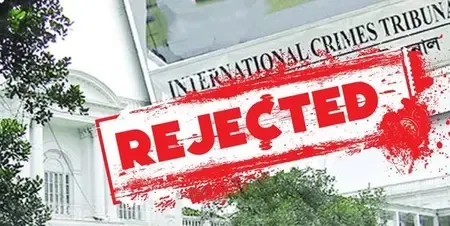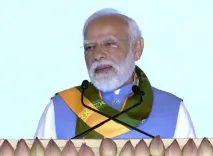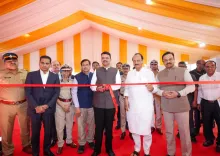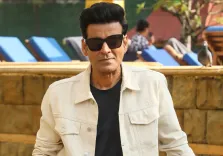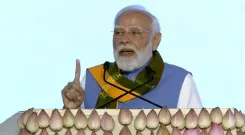Why Did Pakistan's Court Deny Bail to Baloch Activist Mahrang?
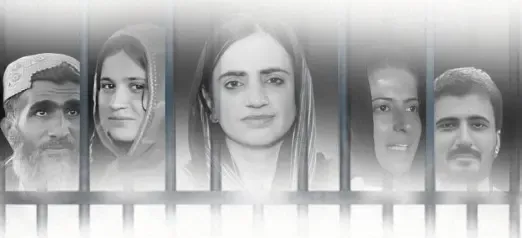
Synopsis
Key Takeaways
- Mahrang Baloch and BYC leaders denied bail despite lack of evidence.
- Concerns about human rights violations are escalating.
- The principle of legal consistency is reportedly ignored.
- BYC plans to challenge the ruling in the High Court.
- Continued efforts to silence peaceful activists are facing pushback.
Quetta, Nov 19 (NationPress) The Anti-Terrorism Court (ATC) of Pakistan has once again denied the bail request of Mahrang Baloch, the central organizer of the Baloch Yakjehti Committee (BYC), alongside several other leaders and activists. This decision comes despite a lack of substantial evidence, as reported by a human rights organization on Wednesday.
This ruling follows an extended period of detention for Mahrang Baloch and fellow BYC leaders, including Bibagar Baloch, Sibgatullah Shah Ji, Beebow Baloch, and Gulzadi Baloch, raising significant concerns regarding human rights.
On November 18, bail hearings took place at the ATC Court in Quetta for multiple FIRs filed against the detained BYC leadership. One particularly alarming outcome occurred with FIR 89/25, where the bail requests for all leaders were rejected, as stated in an official BYC announcement.
The Pakistani government claimed that BYC leaders instigated individuals who subsequently breached the Civil Hospital's gates and gathered the bodies. However, no credible or legally admissible evidence has been presented linking the BYC leadership to this situation. In fact, several individuals implicated in the same case have already been granted bail.
The BYC condemned the ruling, emphasizing that Pakistani law upholds the principle of consistency—if bail is granted to co-accused in similar cases, others should receive the same treatment, a principle allegedly ignored in this instance.
The rights organization pointed out that the judge displayed evident bias throughout the proceedings, with the decision in FIR 89/25 contradicting established legal norms.
In reviewing the results of the hearings from Tuesday, the BYC indicated that while Mahrang Baloch and Gulzadi Baloch secured bail in 10 FIRs, their requests were denied in the remaining cases. Additionally, Bibagar Baloch, Sibgatullah Shahji, and Beebow Baloch received bail in 9 FIRs, but were denied in others.
Despite these challenges, the organization remains steadfast, asserting, 'This unjust ruling will be contested in the High Court. Our pursuit of justice will not falter, and the state's efforts to silence peaceful political activists will ultimately fail.'

